
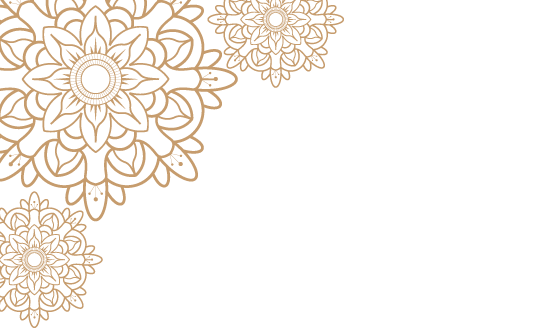



Women in islam
Women rights,
empowerment and treatment.
Women Rights
Before the advent of Islam, women had no civil rights. Arabs used to give preference to male babies over female ones to the extent that many fathers used to bury their female babies or children alive.
“Women are the twin halves of men.” (Tirmithi, 1/154, 113)
No gender discrimination:
Muhammad condemned discrimination between male and female children and taught his companions to love their children and raise them properly regardless of their sex. In fact, he emphasized giving more care and attention to female children until they grow up and get married. Muhammad said:
The word "Muhammad" in Arabic calligraphy being designed in an artistic and symmetrical way. The actual word looks like this . Letters M and H which form the first half of the word "Muhammad" are symmetrical with letters M and D which form the second half of the word "Muhammad" in Arabic
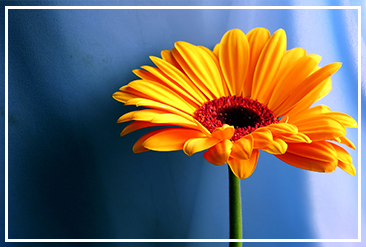
Women inherit like men:
Before Islam, women had no right to inherit. Muhammad successfully changed this custom. Females gained the right to inherit like males. However, Muhammad did not create the Islamic inheritance system, but he conveyed God’s Words (preserved in the Quran) which stipulate the portions for each individual (male and female) eligible to inherit.

Women have a unique identity:
A wife is not considered part of her husband’s belongings. She has a unique identity. When a woman gets married, she does not need to change her surname. Her identity is preserved and her wealth and property are protected by the Islamic law. When her husband passes away, she is considered as one of the heirs and not a property that is inherited by male heirs as it had been before Islam. (Note: Before Islam, women were treated as chattel).
(i.e. faith in God has not yet established strongly in his/her heart, therefore the person does not feel guilty or fear God when fornication is committed).
“And don’t approach (come near unto) fornication (unlawful premarital or extramarital sex), Lo! It is an abomination and an evil way”. The Quran, 17:32
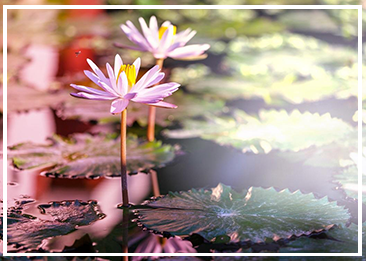
A woman is not a sex tool:
Prostitution and adultery are strictly forbidden in Islam. Muhammad indicated: When a person commits fornication or adultery then he/she is not in a state of “Eaman” (faithfulness) (i.e. faith in God has not yet established strongly in his/her heart, therefore the person does not feel guilty or fear God when fornication is committed).

Hijab and modesty in Islam:
Wearing the headscarf and modest clothing is an obligation on adult women. In addition, Islamic teachings forbid women from using their bodies or femininity for public entertainment and sexual temptation. Businesses, commercials and advertisements that rely on exposing women's bodies for temptation and sexual attraction are not allowed in Islam. Islamic teachings block out the means that could lead to sexual harassment, sexual assault, rape crimes, sexual diseases, and other abominations such as nudity and pornography.
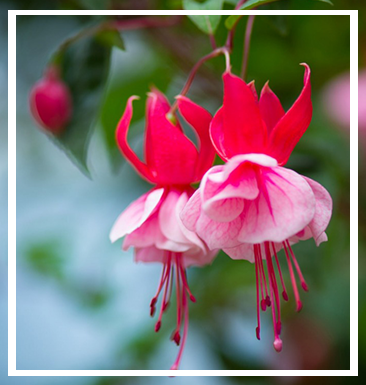
Get married!
Muhammad encouraged people to get married and establish a family life. He taught his followers noble Islamic values which ban illegal sexual relations other than a normal marital relationship between a man and a woman. Non Marital Sex Women Women (Sahih Al-Bukhari, 3/26, 1905)
A young man asked Muhammad to give him permission to fornicate (have non-marital sex with a girlfriend or a prostitute), Muhammad replied: "Do you accept this for your mother?" The man answered: "No." Muhammad said: "Likewise people don’t like it for their mothers." Then he asked the young man the same question three more times: "Do you like it for your daughter, sister, aunt?" Every time the man replied no and Muhammad repeated the same statement: "Likewise, people don’t like it for their daughters, sisters and aunts". Then Muhammad put his hand on the man’s heart and supplicated to God: “Oh my Lord: forgive his sin, purify his heart and grant him chastity". Get married! Muhammad encouraged people to get married and establish a family life. He taught his followers noble Islamic values which ban illegal sexual relations other than a normal marital relationship between a man and a woman. Non Marital Sex Women Women (Sahih Al-Bukhari, 3/26, 1905) (Munsad Ahmad, 10/5220, 22641)

Muhammad empowered women
Within his endeavors to empower women’s roles in the society, Muhammad allocated certain days of every week for women education. He urged them to participate in Islamic events, feasts and prayers. Even housemaids could meet Muhammad, talk to him and seek his help or advice. He also asked women to do a formal pledge (as men did) since they were responsible to the Islamic law. Women play a crucial role in society as they nurture and raise the next generation who will form the nation. Muslim women were empowered to take an active role in the society without overlapping men's role. Although priority was always given to the task of raising children and caring for their wellbeing, women used to work and participate in the social and political life

Muhammad encouraged caring for girls/daughters
Muhammad emphasized on several occasions the good treatment of females and he described them as delicate and "as fragile as glass". He told his companions that whoever raises his daughters properly and obeys God in caring for them and guiding them to faith, he will gain Paradise.1

Muhammad encouraged full respect of mothers
A man asked Muhammad: “Who would deserve my closest support and companionship?" Muhammad replied: “Your mother”. Then the man asked Muhammad who would be after her. Muhammad replied: “Your mother”. The man asked the same question again and Muhammad replied for the third time: “Your mother”. Then out of curiosity the man asked the same question for the fourth time (he realised that Muhammad wanted to emphasise the best treatment of mothers). Then Muhammad said to him: “Your father” (i.e. your father deserves your closest support and company after your mother)2. Scholars commented on the above story that mothers cannot escape three main sufferings: (1) pregnancy, (2) labor and delivery, (3) breastfeeding and weaning.

Muhammad encouraged good treatment of wives :
He stated that if a man disliked one of a woman’s traits he will be pleased with another. And he said: The believers who show the most perfect faith are those who have the best character; and the best of the believers are those who are best to their wives. This promotes love, harmony and mutual understanding.
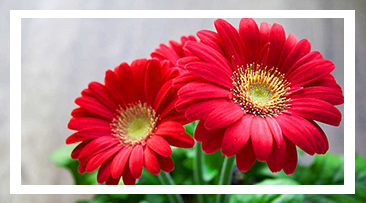
MUHAMMAD LOVED HIS WIFE:
A few years after his first wife Khadijah passed away, Muhammad got married to Aisha, the daughter of his closest friend Abu-Bakr. Despite his loyalty to his late wife, he loved Aisha and was honest to her. He was asked once by Amr bin AlAas (a companion):
Who is the most beloved person to you?" Muhammad replied without hesitation: Aisha. (Al-Bukhari, 5/5, 3662)

CONFIRM YOUR LOVE TO YOUR WIFE:
Aisha narrated that Muhammad described his love to her like a knot firmly tied on a rope. Aisha used to ask Muhammad from time to time “how is the knot” and Muhammad used to confirm his love to her. He said:
“The knot is still tied as firmly as it used to be.”

MUHAMMAD DEMONSTRATED EXEMPLARY LOYALTY TO HIS LATE WIFE KHADIJAH
Muhammad used to ask Aisha to send a serving of food to the friends of his late wife Khadijah every time Aisha cooked a sheep or an ewe.
Muhammad mentioned to Aisha that no one was better than Khadijah at her time, she believed him when he first received God’s revelation but many people did not (some of his uncles and relatives did not believe him). She consoled him with her money and supported him without hesitation.
Despite the fact that some people may view Muhammad’s comments about his late wife Khadijah as it was triggering jealousy in his current wife Aisha, he was a fair and a loyal husband to his wives.
This is the word “Muhammad” in Arabic being designed in a formative style which looks like a flower. Courtesy of Artist Farid Al-Ali.
